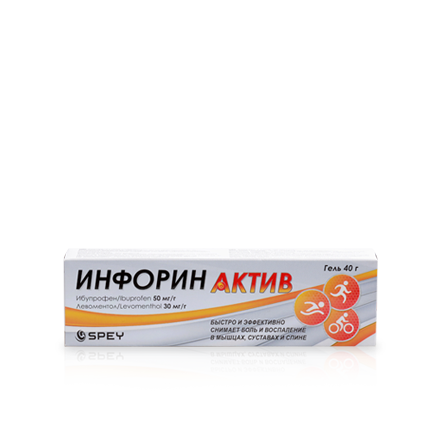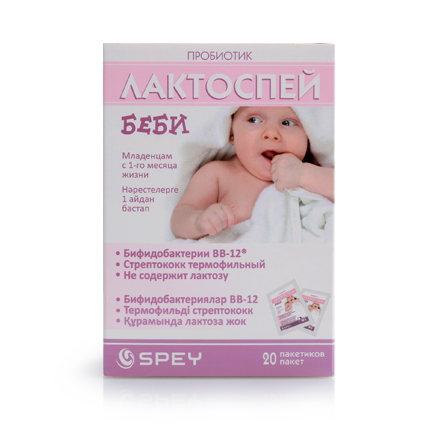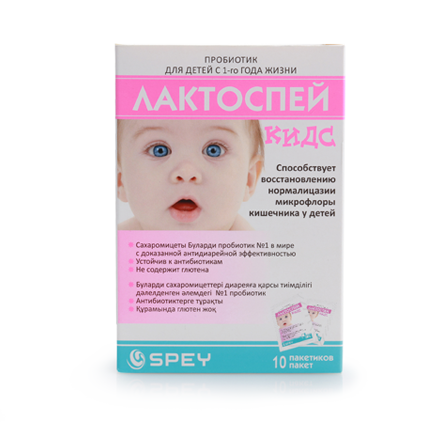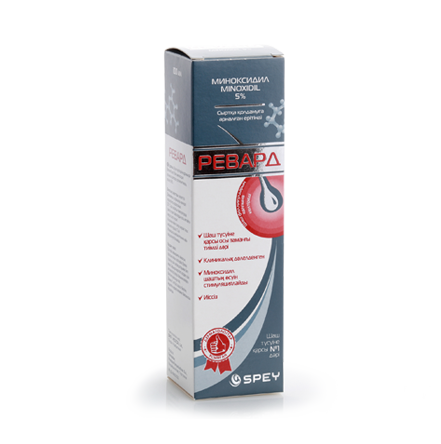Our values
Life - We recognize life as a gift that needs to be cherished.
Creation - We are discovering new facets of the possible.
Responsibility - We are responsible for the well-being of society.
Team spirit - We are united and achieve our goals.
Professionalism - We show a high level of skill.
Relationship - We value everyone's opinion.

Industry news
No news found :(





